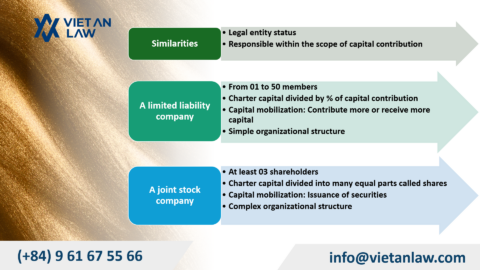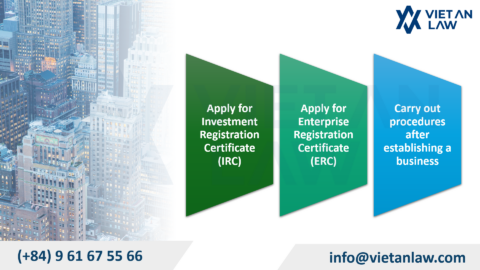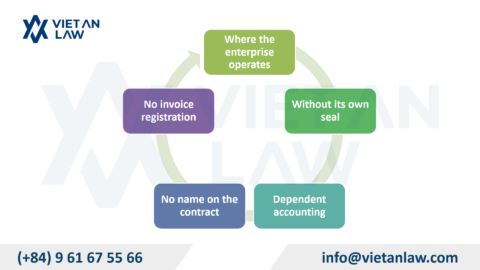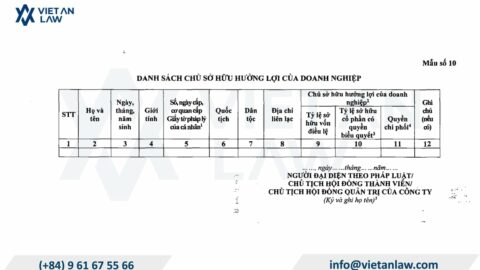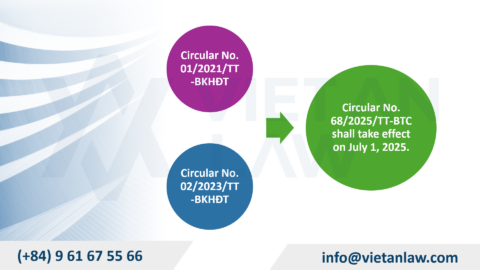In the context of the global economy becoming competitive, choosing where to establish and develop a business is an important decision. Emerging as a leading innovation hub in Northern Europe, Sweden has long attracted the attention of international entrepreneurs and investors. With a stable economy, business environment and a solid support system for startups and businesses, establishing a company in this country offers many opportunities for brand development. So what types of companies can investors establish in Sweden, Viet An Law would like to provide some information through the article below.

Table of contents
This is the most common type for small to large businesses. The company is a separate legal entity, completely separate from the owner (shareholder). The liability of shareholders is limited to the amount of capital they have contributed (the value of the shares owned). The main types include:
In Sweden, both concepts (“limited liability” and “shares”) are inherent characteristics of a single and most popular type of business, which is Aktiebolag (AB). That is, every Aktiebolag (AB) in Sweden is both a “Limited Liability Company” (because the owner’s liability is limited) and a “Joint Stock Company” (because the capital is divided into shares). The main distinction in the Swedish Aktiebolag structure lies in whether it is a Privat Aktiebolag (Private Limited Company) or Publikt Aktiebolag (Public Joint Stock Company).
The Aktiebolag (AB) offers strong liability protection for larger ventures, while the Handelsbolag provides flexibility for partnerships. For solo entrepreneurs, the Enskild Firma presents a straightforward entry into the Swedish market, and the Ekonomisk Förening serves cooperatives with shared economic interests.
| Criteria | Self-employed person | Handelsbolag (HB) (Ordinary Partnership) | Kommanditbolag (KB) (Limited Partnership) | Ekonomisk förening (Economic Associations/Cooperatives) | Filial (Overseas Company Branch) |
| Legal Status | Not | Have | Have | Have | No (is part of the parent company) |
| Minimum number of owners/members | 1 individual | 2 individuals or legal entities | 2 individuals or legal entities (at least 1 general partner, 1 capital contributing partner) | 3 individuals or legal entities | 1 foreign parent company |
| Debt liability | The owner has unlimited liability with the entire personal property. | Partners are subject to unlimited personal and solidarity liability. | The partnership has unlimited liability. The capital contributing partner shall be limited liability within the scope of the committed capital contribution. | Members usually have limited liability (according to the association’s regulations). | The foreign parent company bears full and unlimited liability. |
| Minimum charter capital | Not required | Not required | Not required | There are no fixed rules (depending on the member’s contribution). | There are no separate capital regulations for branches. |
| How to tax | Profits are included in the owner’s personal income for tax purposes. | Profits are distributed to partners and included in their personal/business income. | Profits are allocated to partners and included in their personal/business income (similar to HB). | Corporate income tax on association profits. | Corporate income tax on profits incurred in Sweden. |
| Key advantages | Fast, simple, few procedures to set up. | Easy to set up, flexible in management. | Allow some partners to limit risk. | Based on cooperation, serving the interests of members. | Allow a foreign company to expand its operations without establishing a new legal entity. |
| Main disadvantages | High risk (unlimited liability). | High risk (unlimited liability for all partners). | Some partners have unlimited liability. | Regulations are more complicated than business households, requiring many members. |
The parent company is fully responsible, the registration procedure is more complicated. |
In conclusion, entrepreneurs have multiple options when looking to set up a company in Sweden, each with distinct advantages tailored to different business needs. International investors should carefully consider these structures alongside Sweden’s supportive business environment, transparent regulations, and strategic Nordic location.
Viet An Law offers specialized consultation services to navigate both Swedish incorporation procedures and Vietnamese investment regulations, creating a seamless bridge between these two dynamic markets. Our experienced team provides end-to-end support to ensure your international business venture achieves optimal legal structure and compliance in both jurisdictions.
